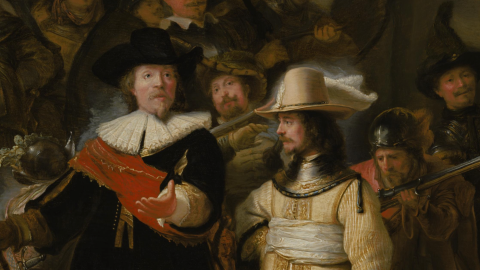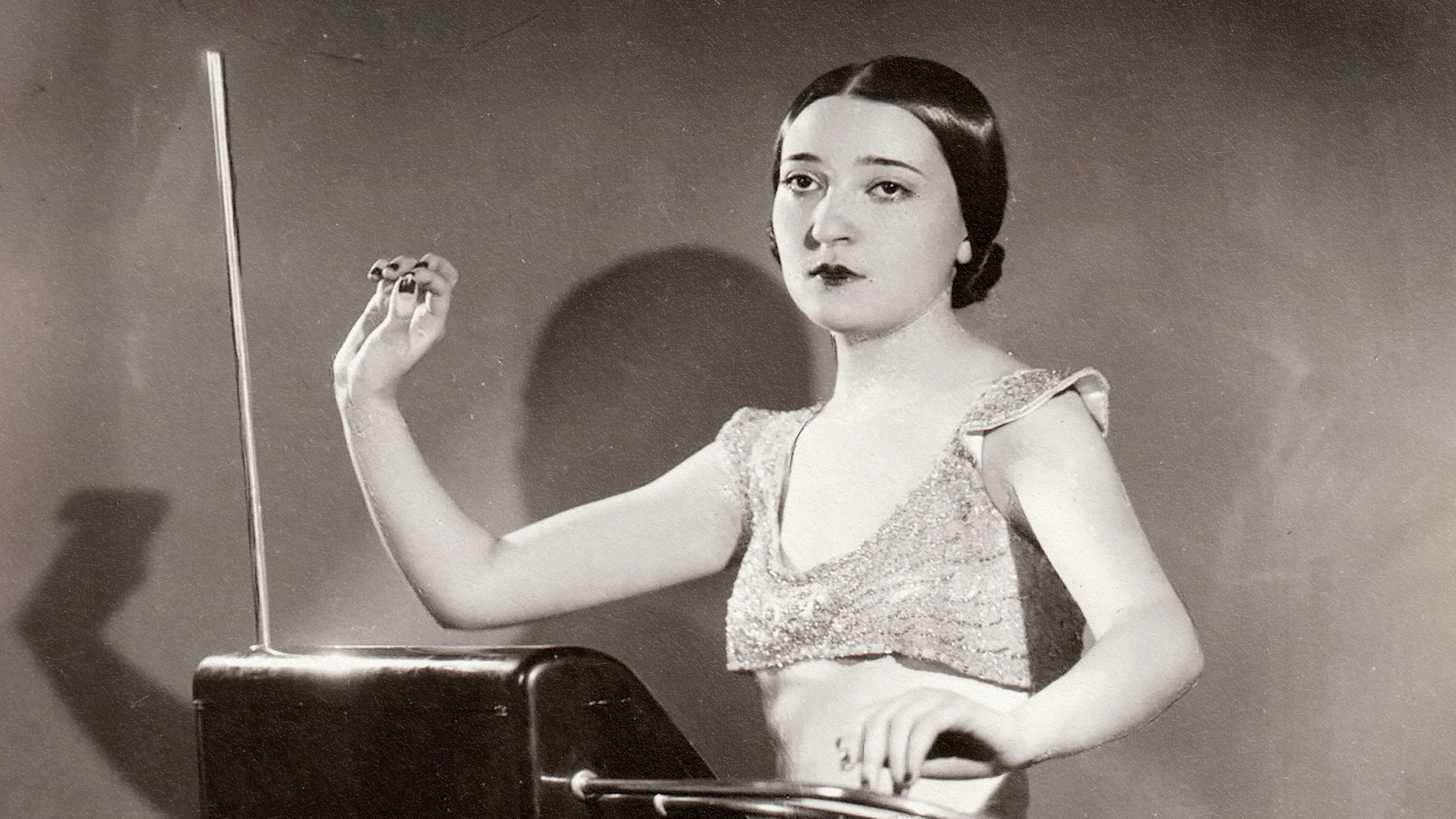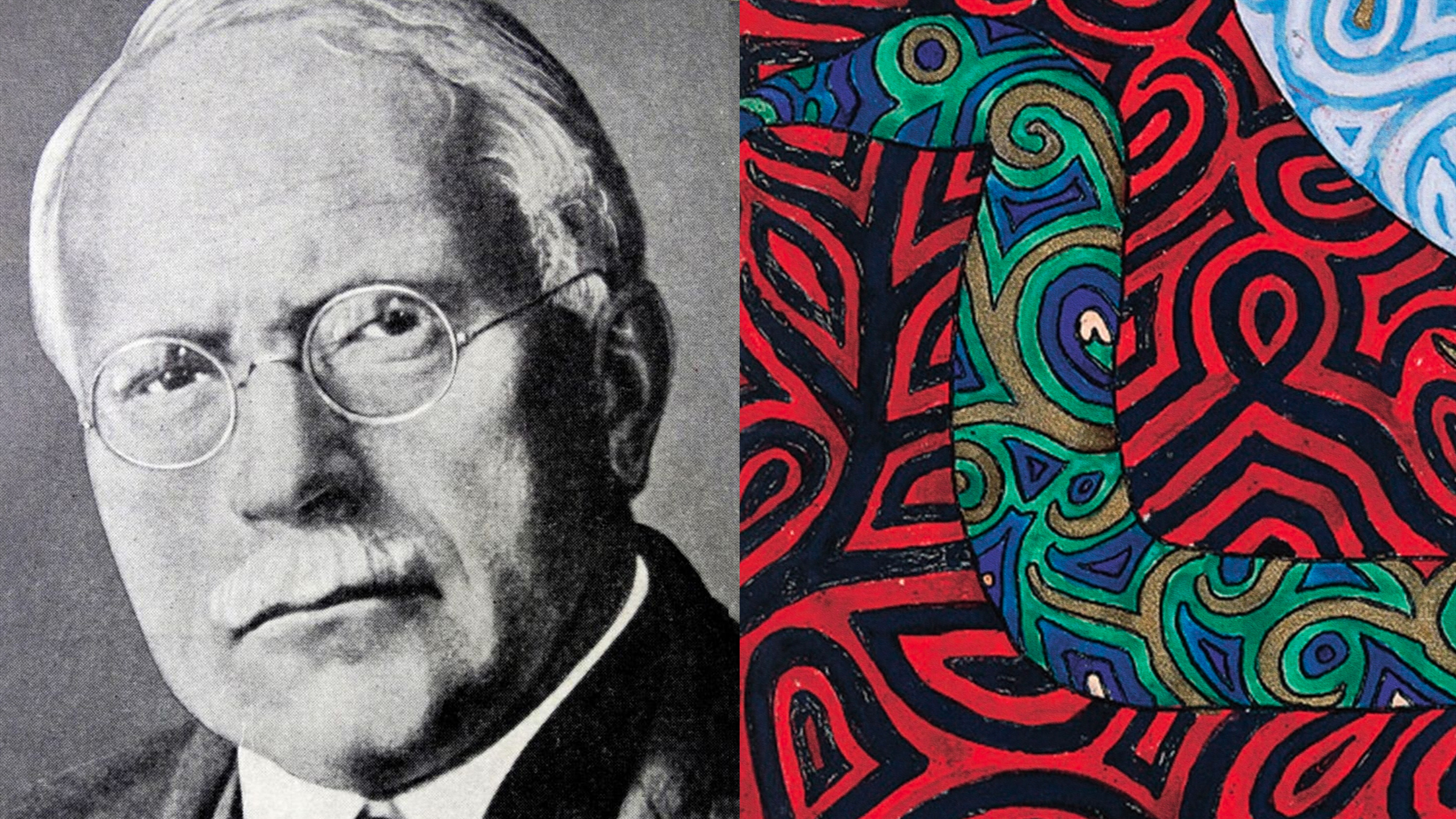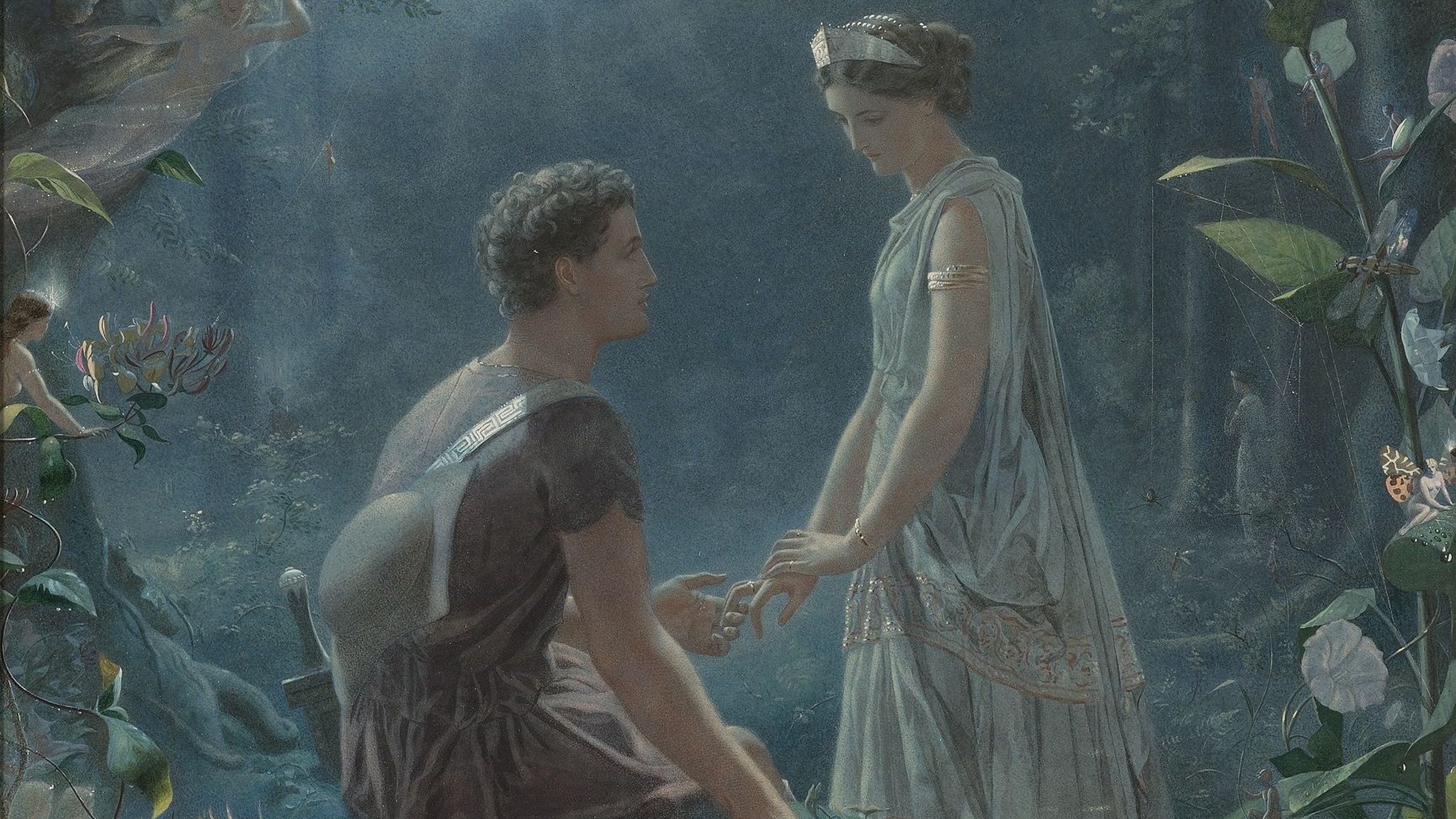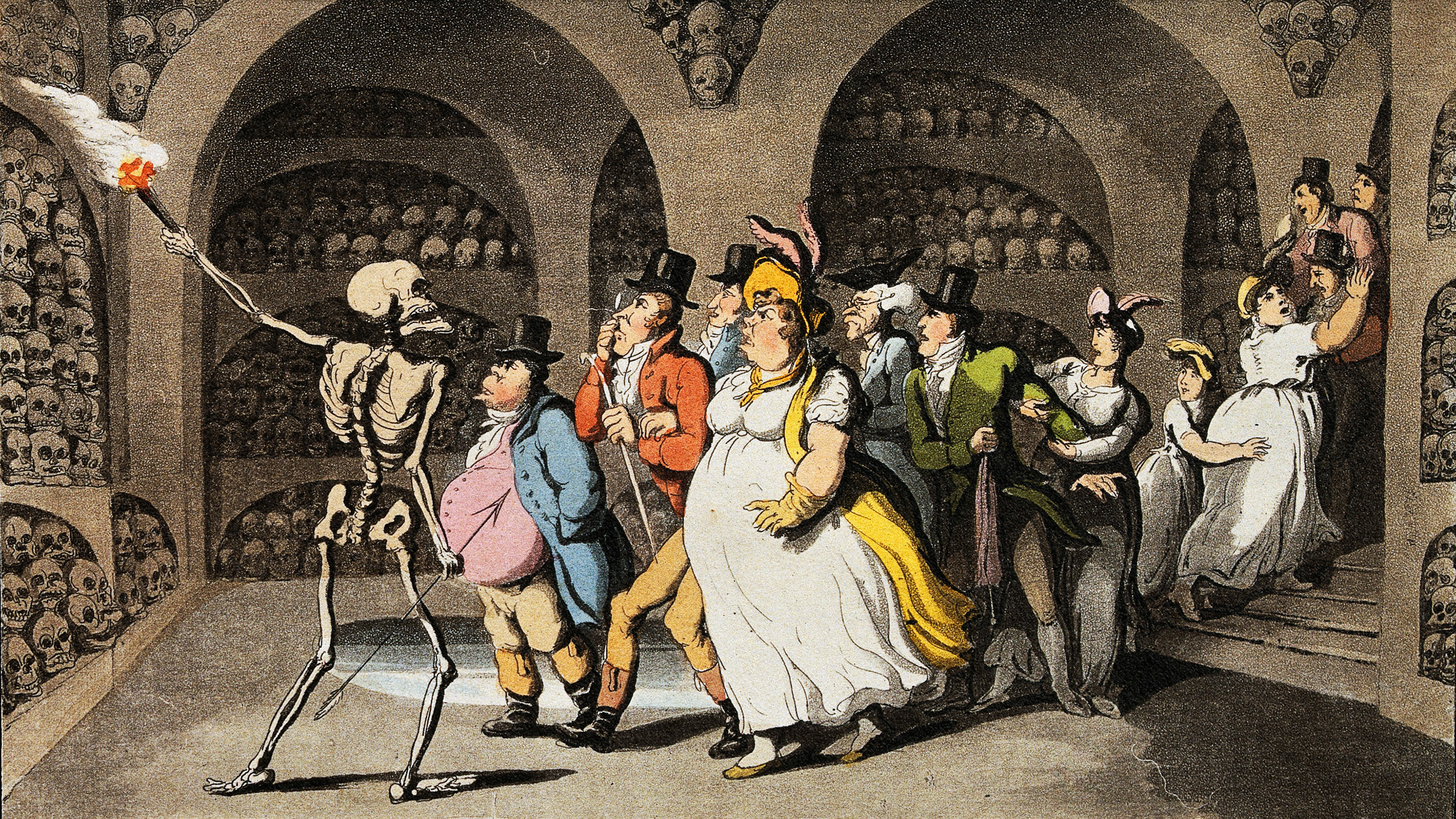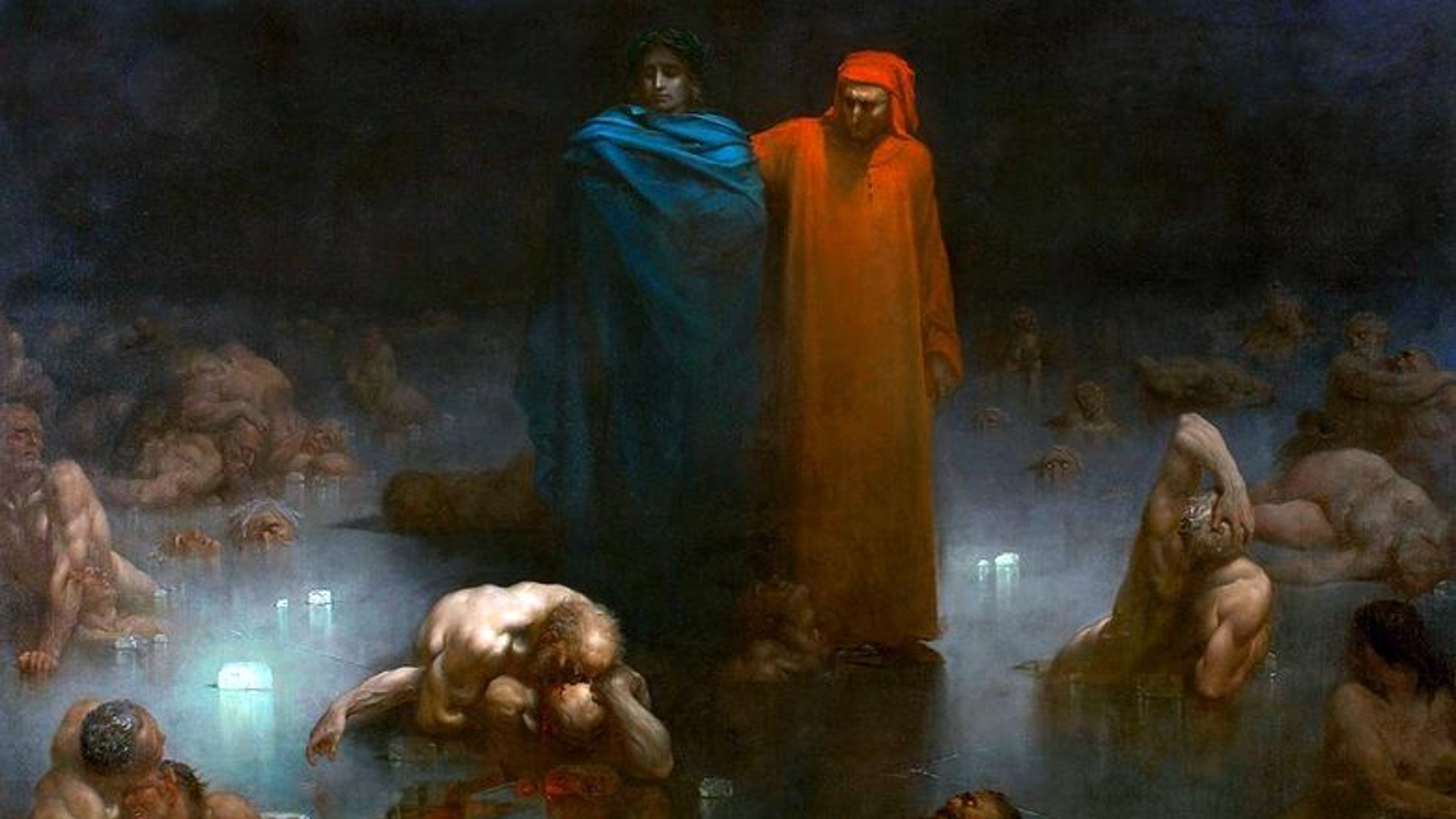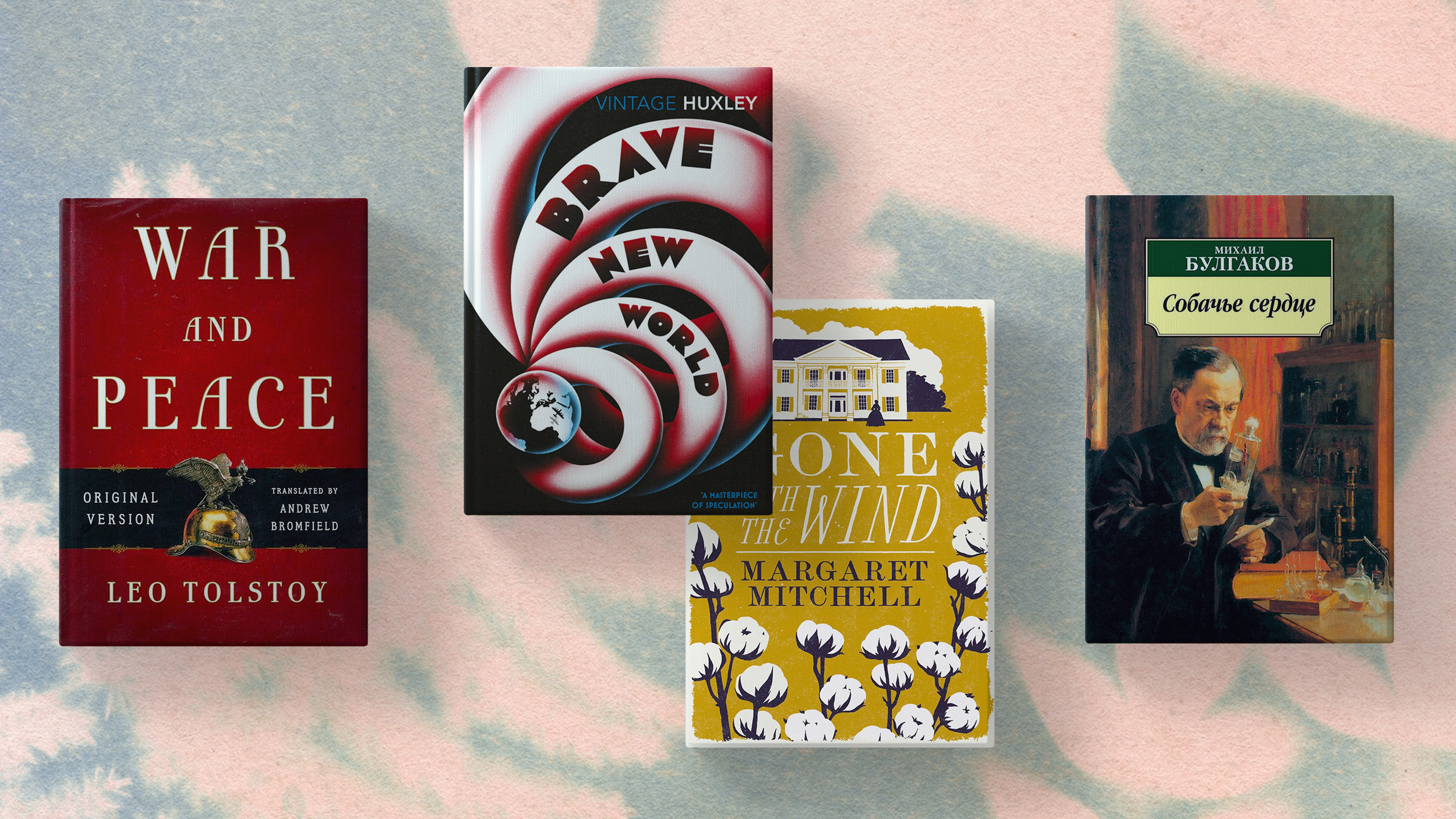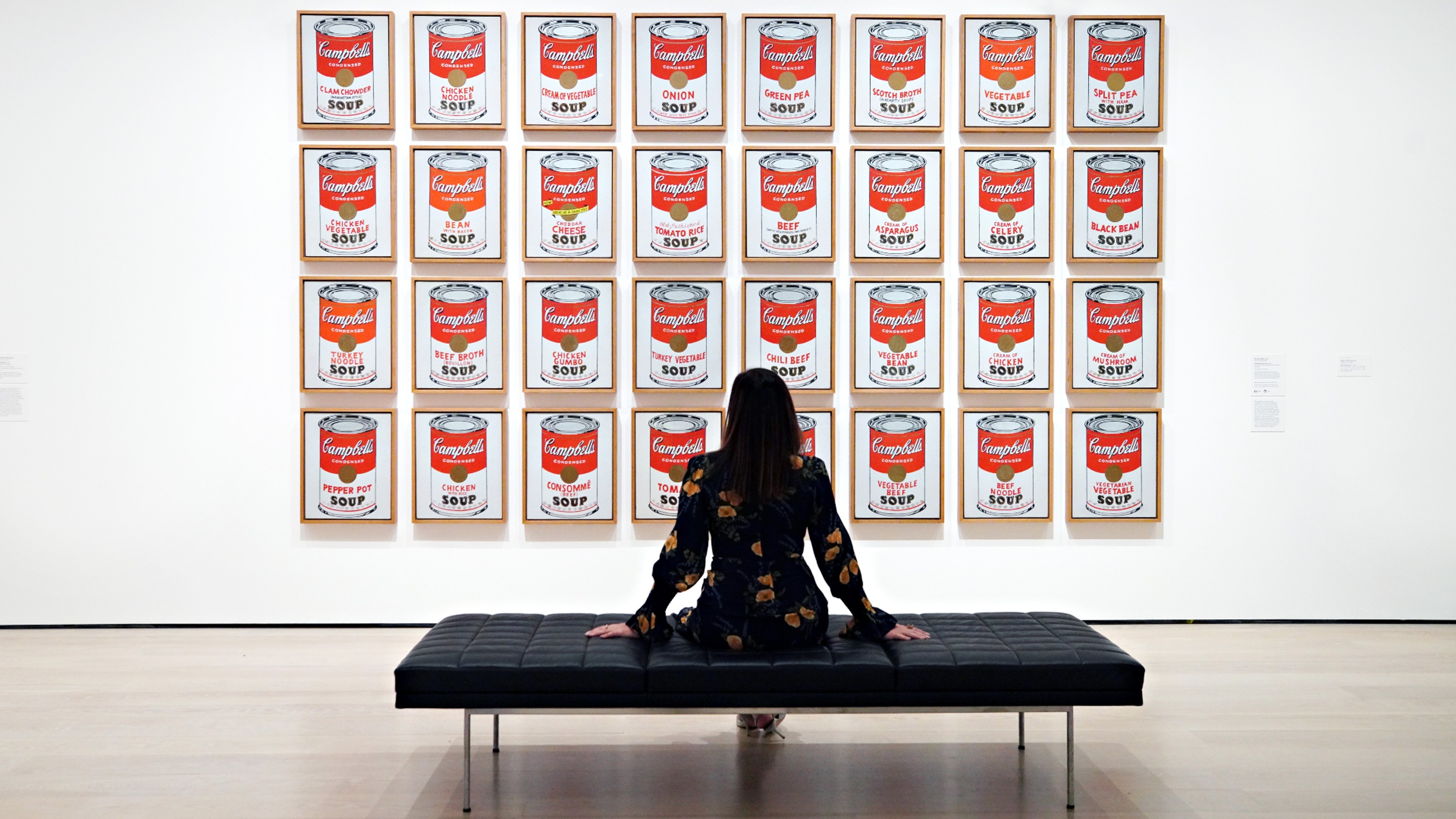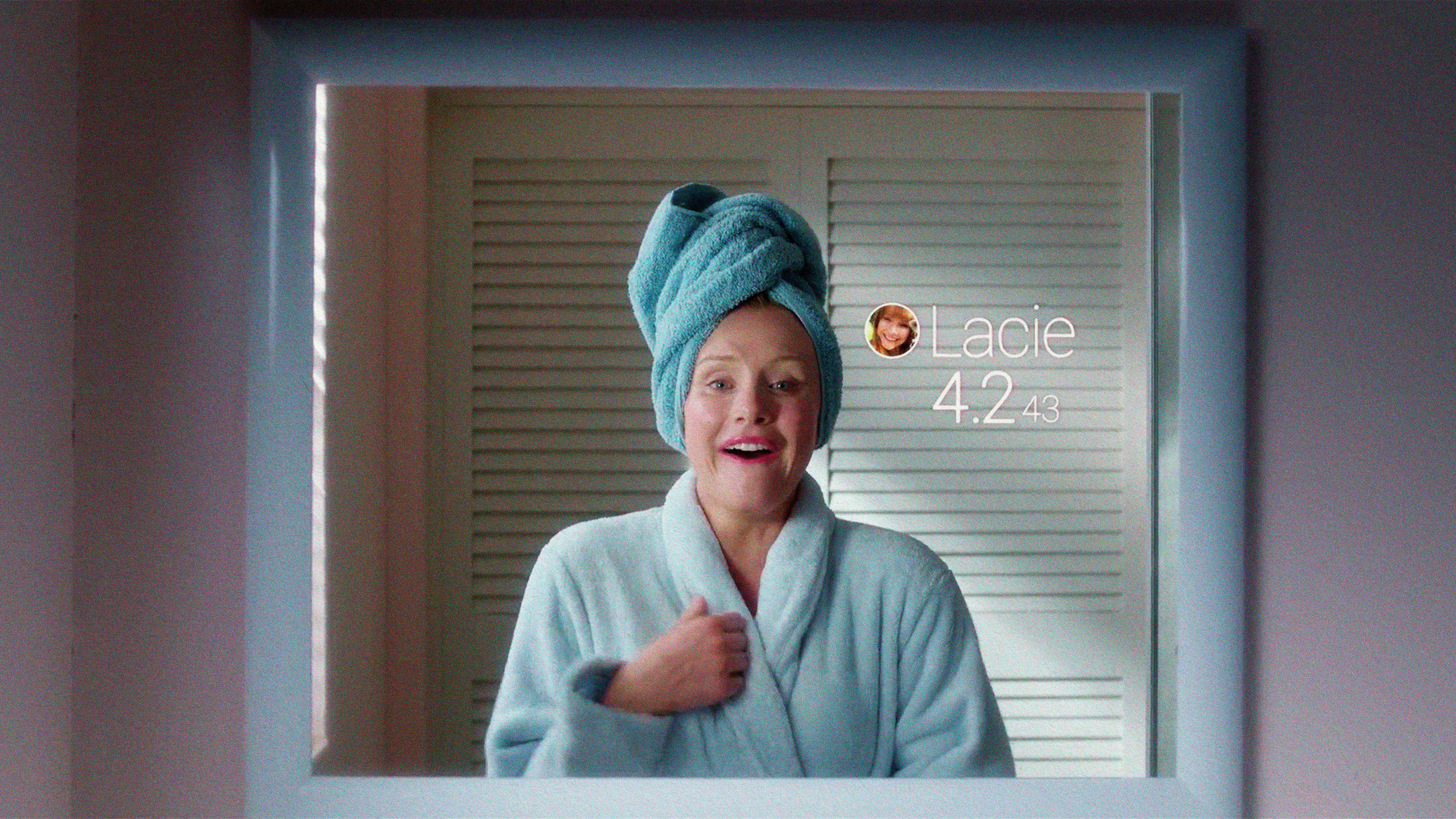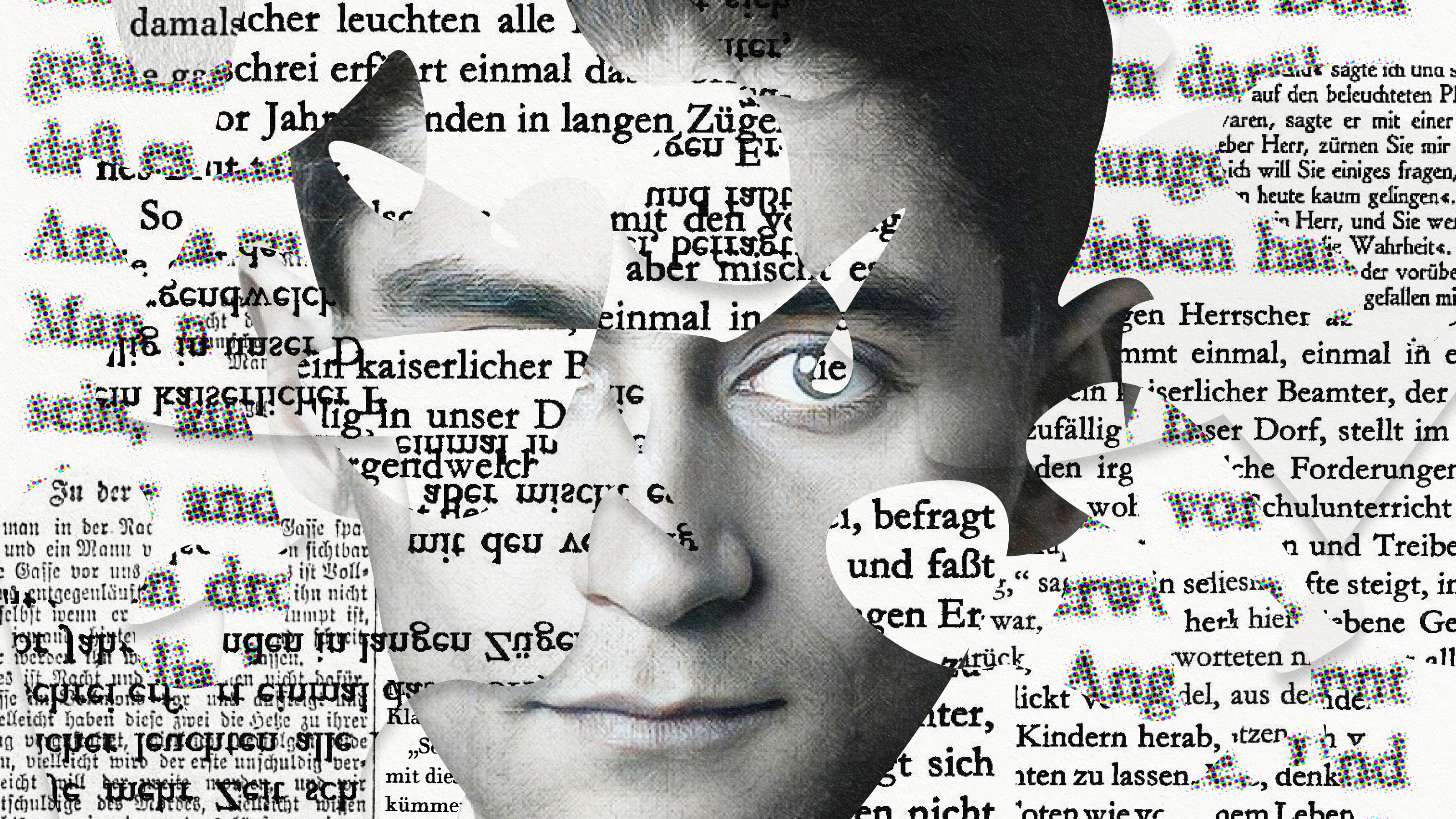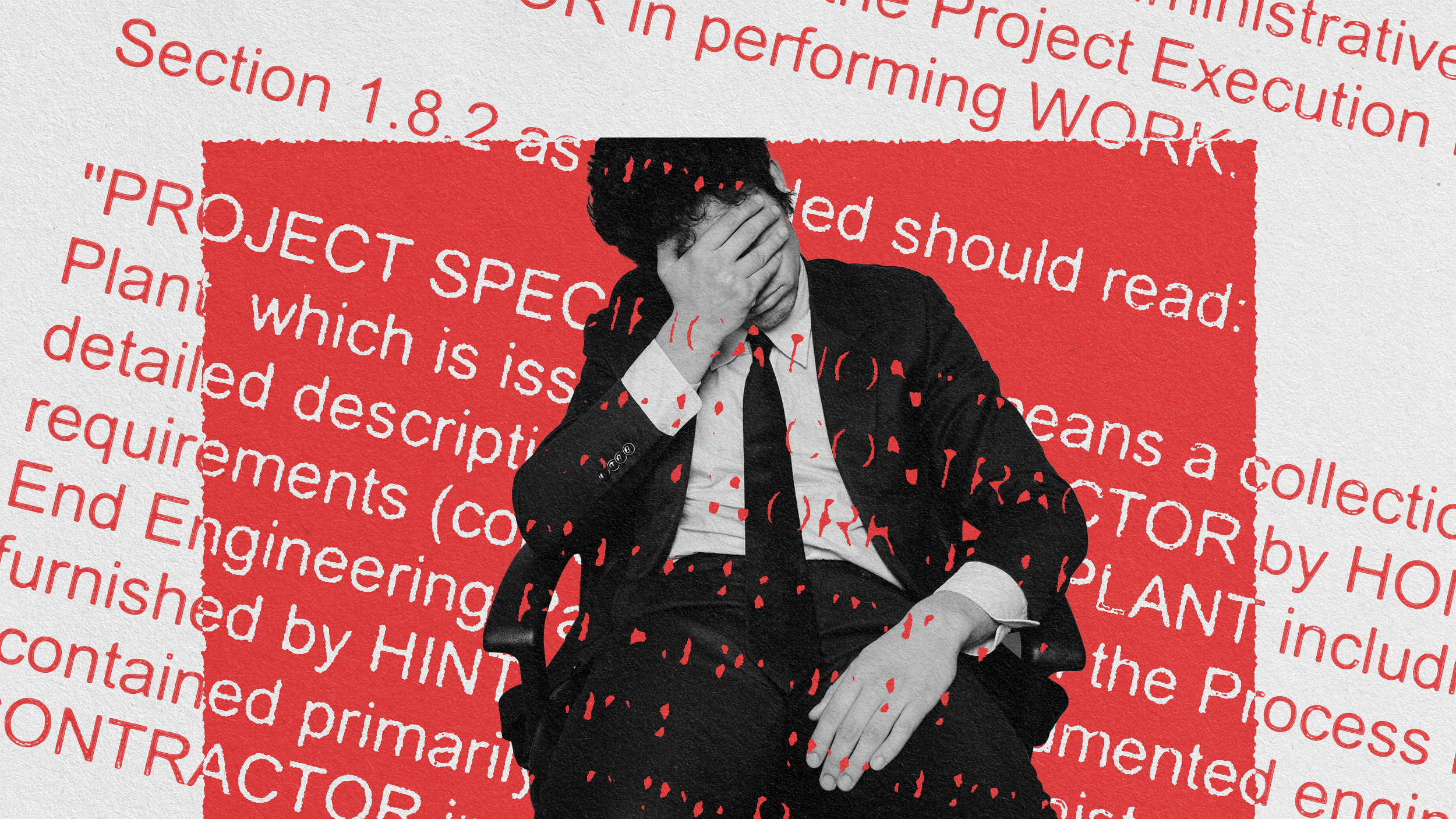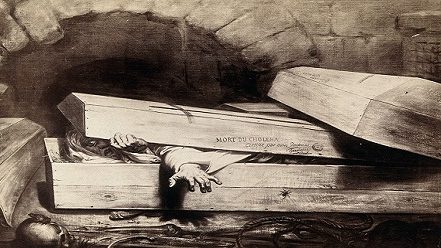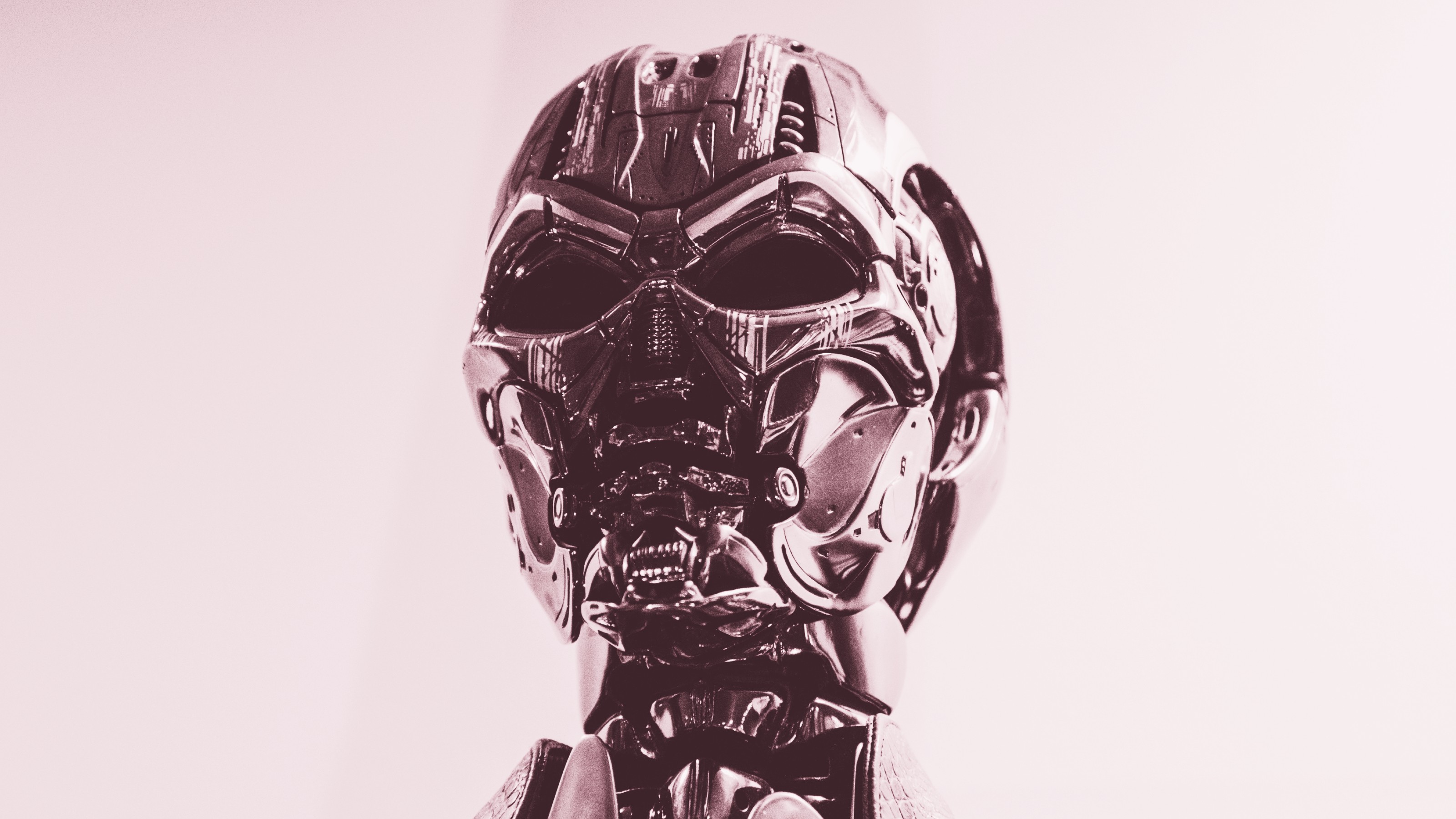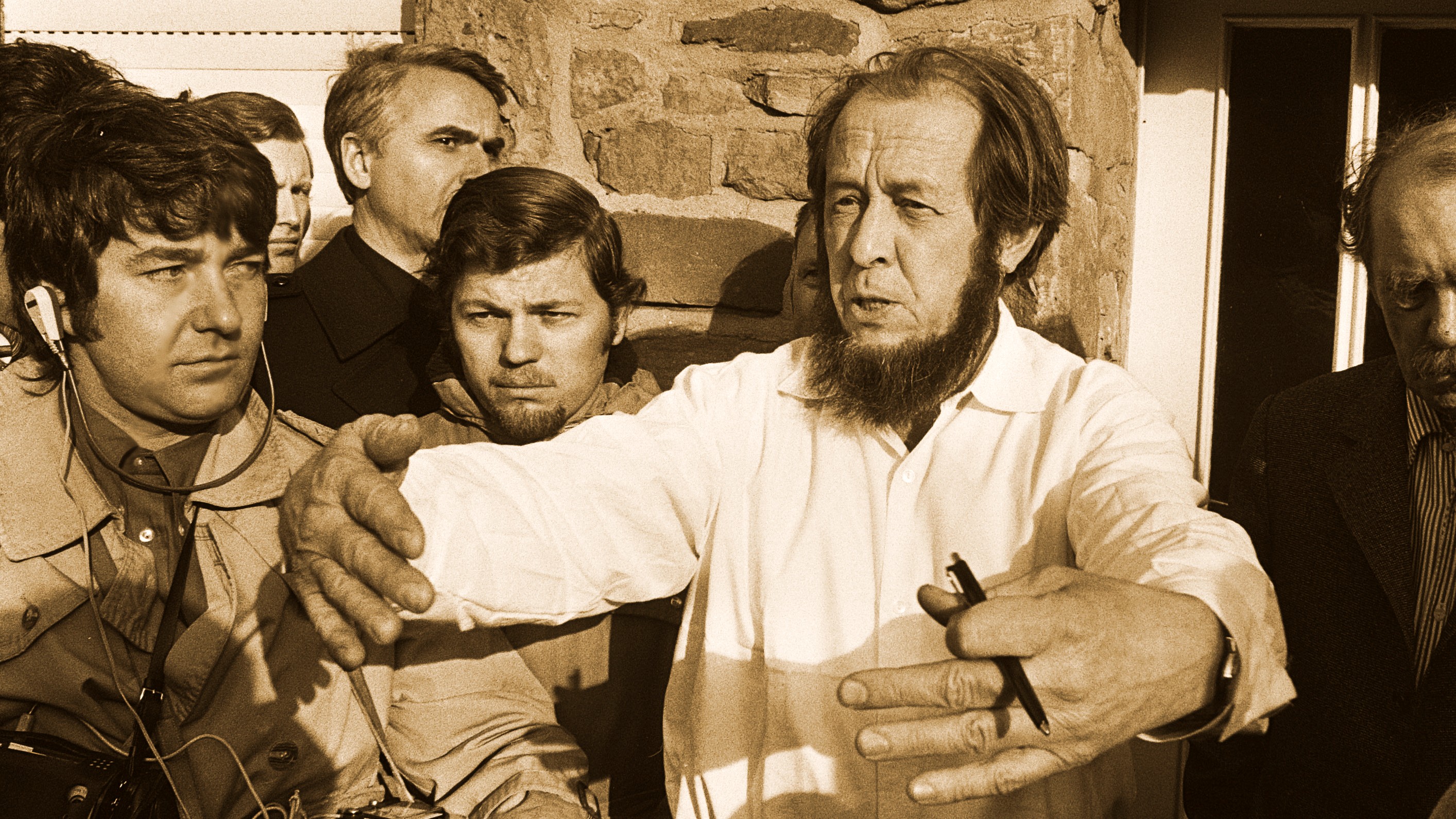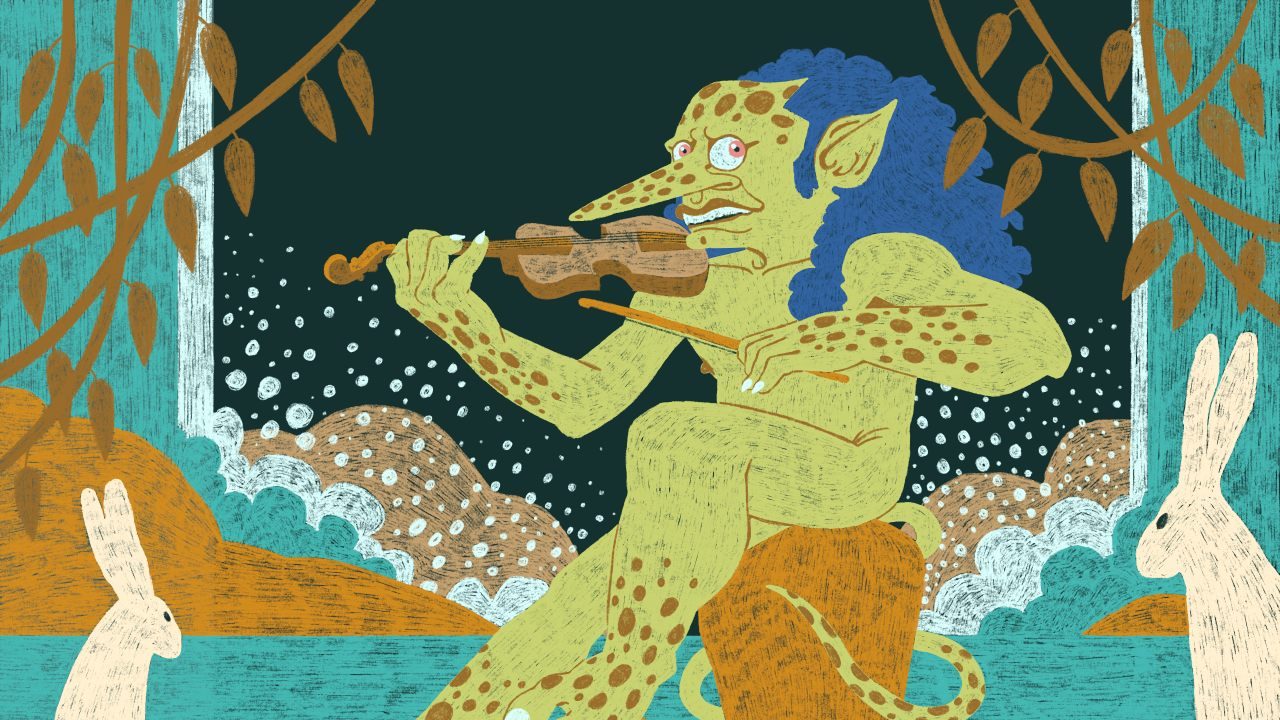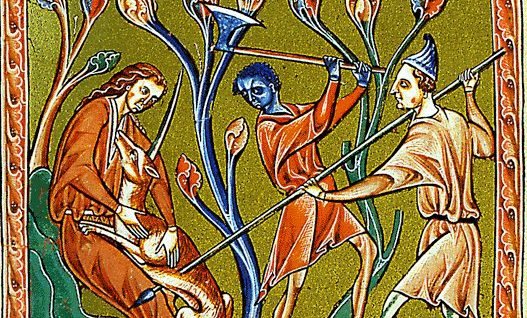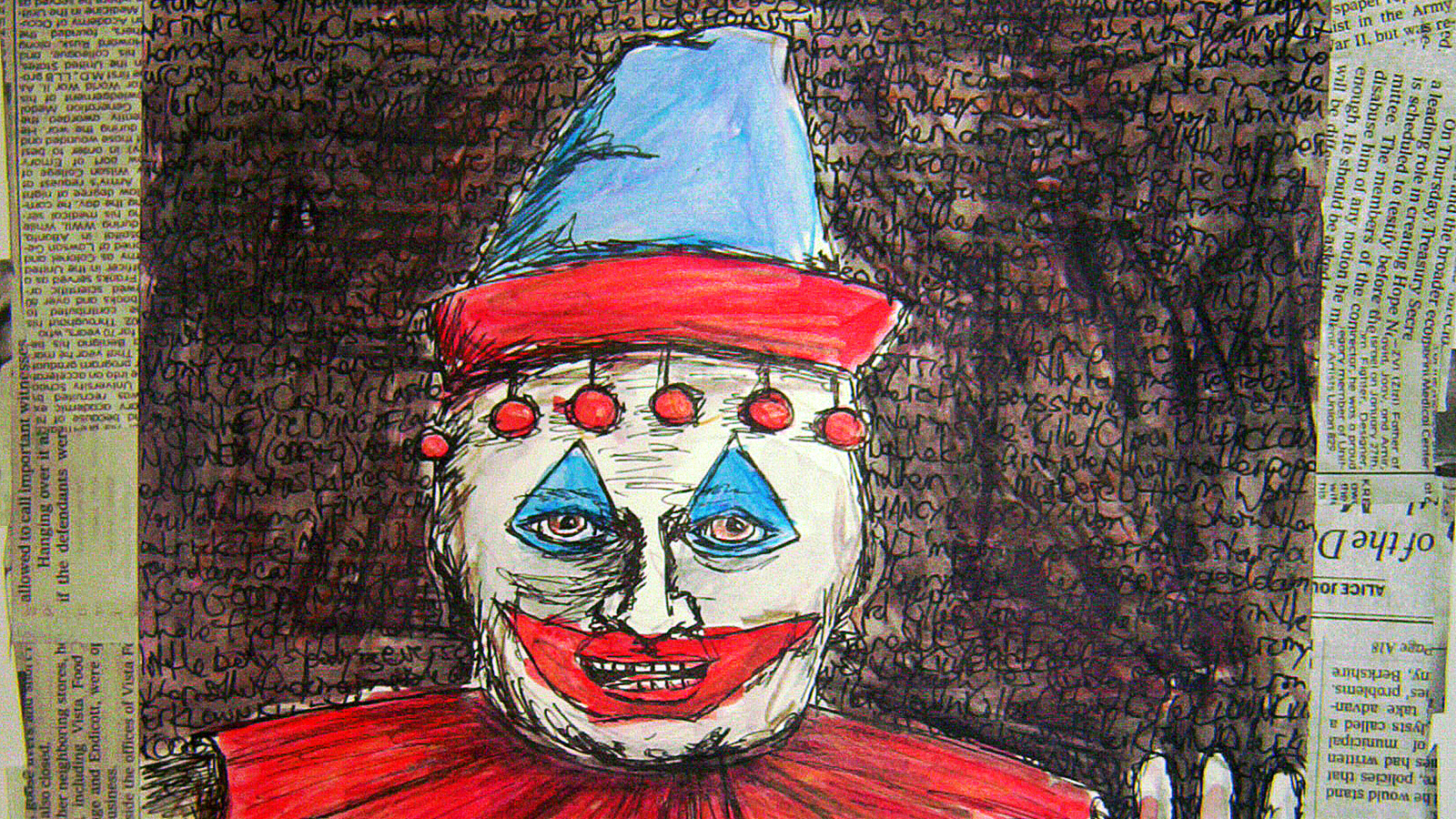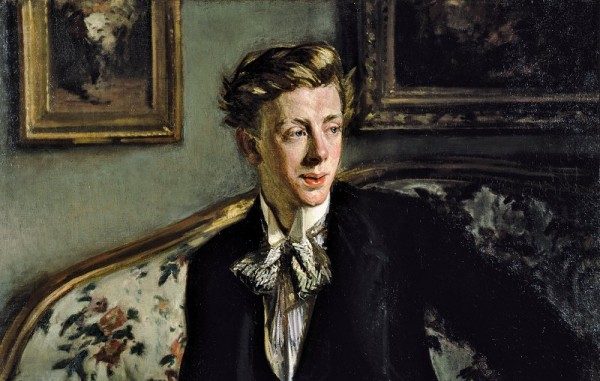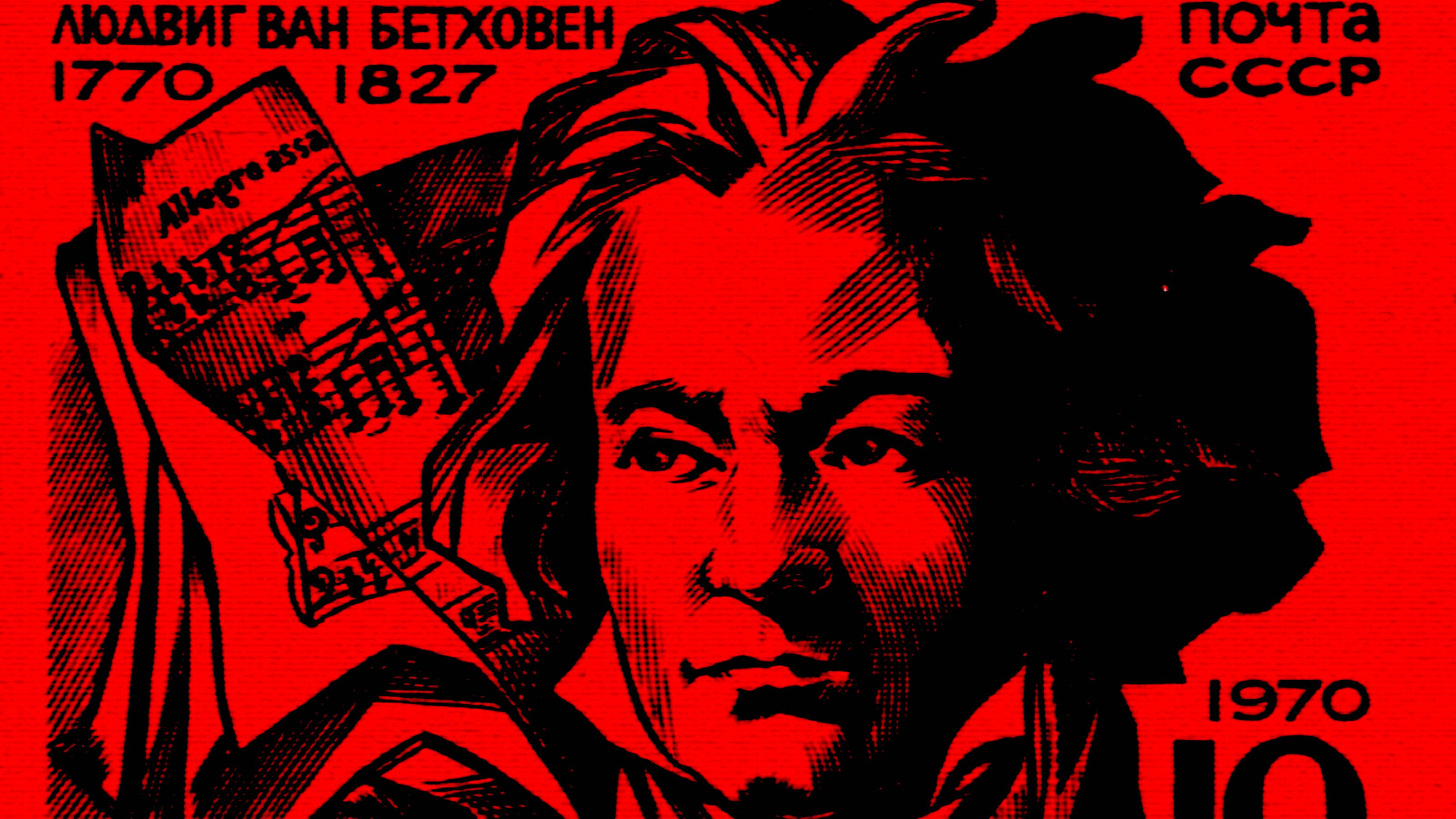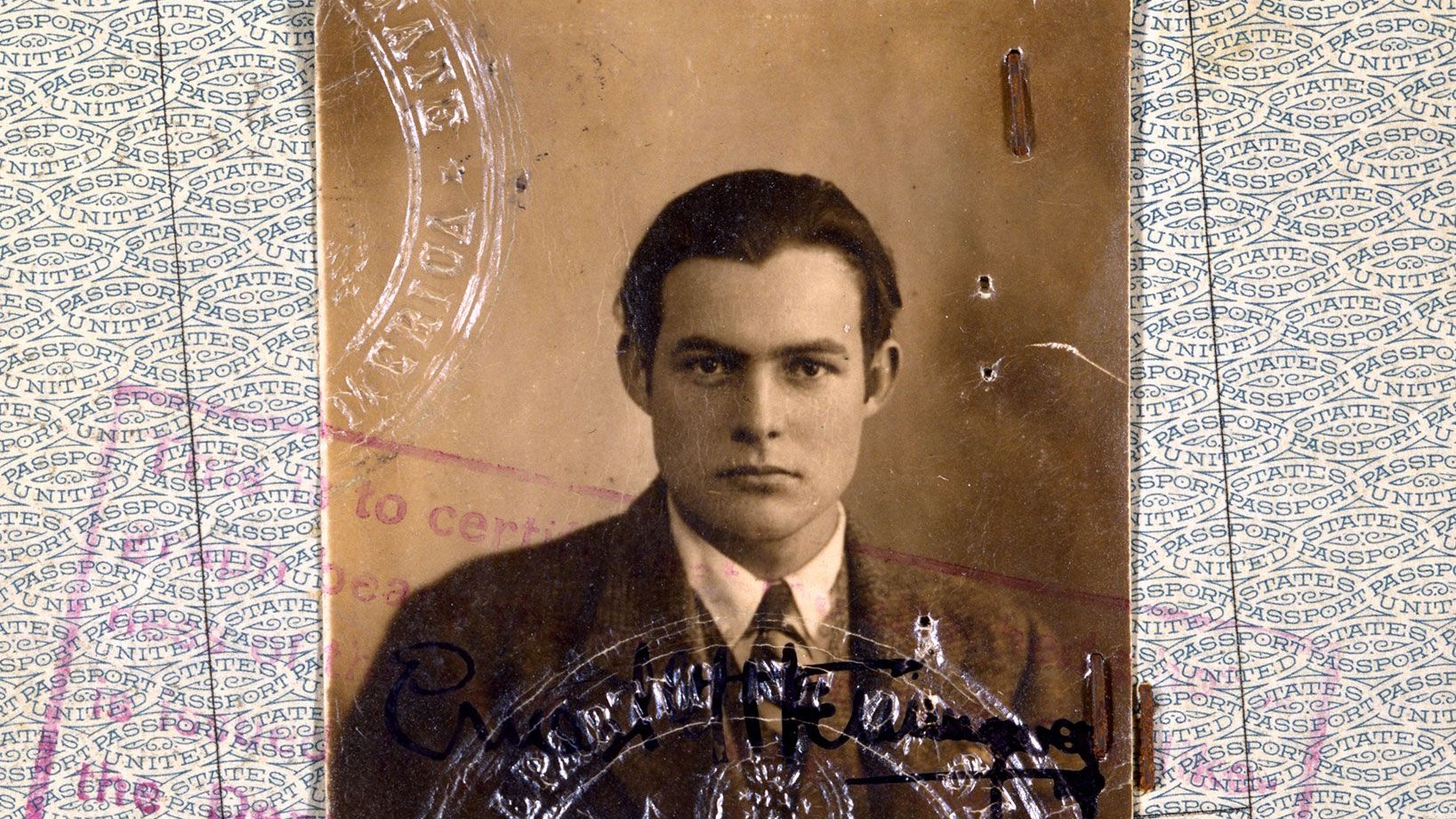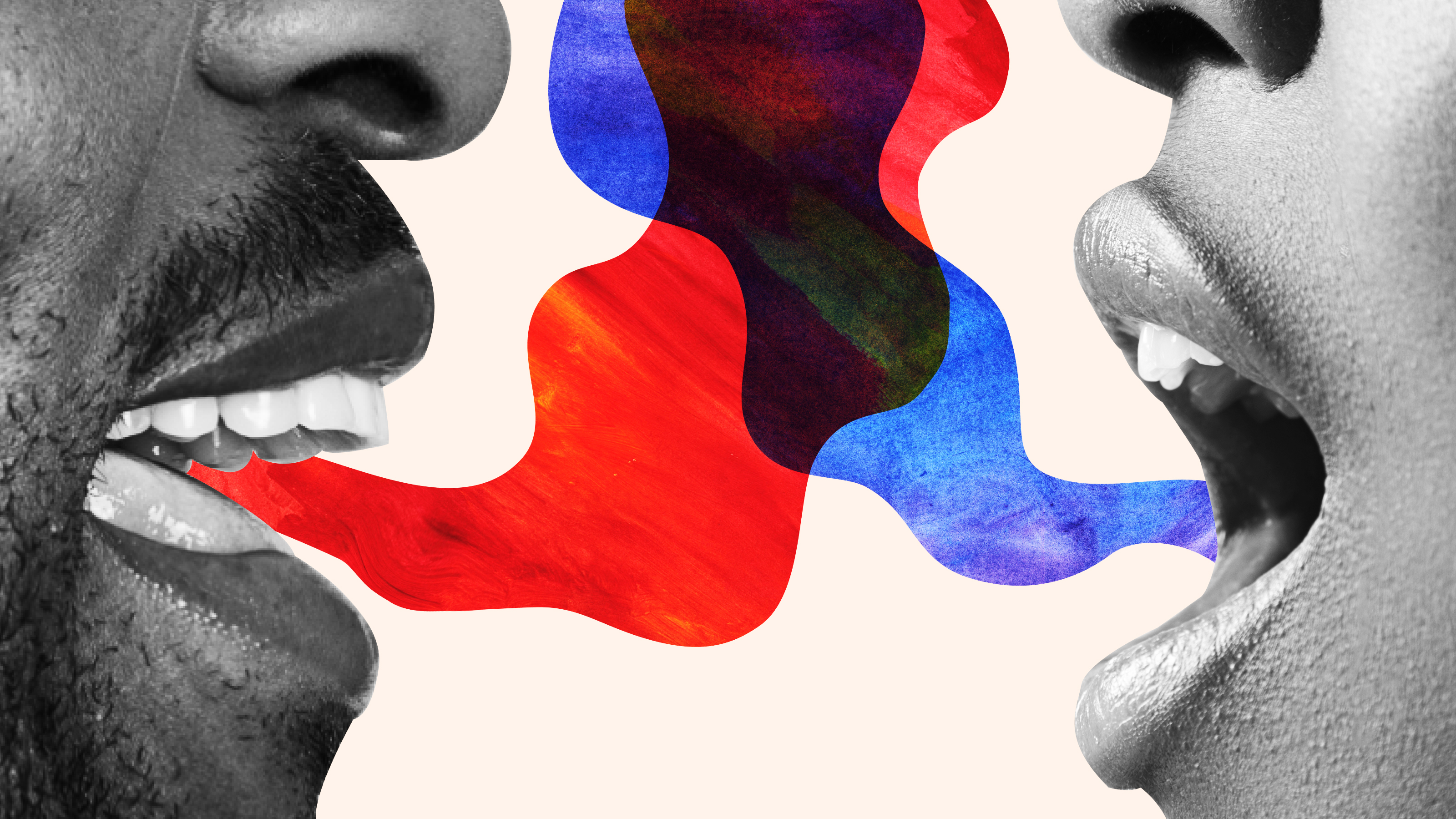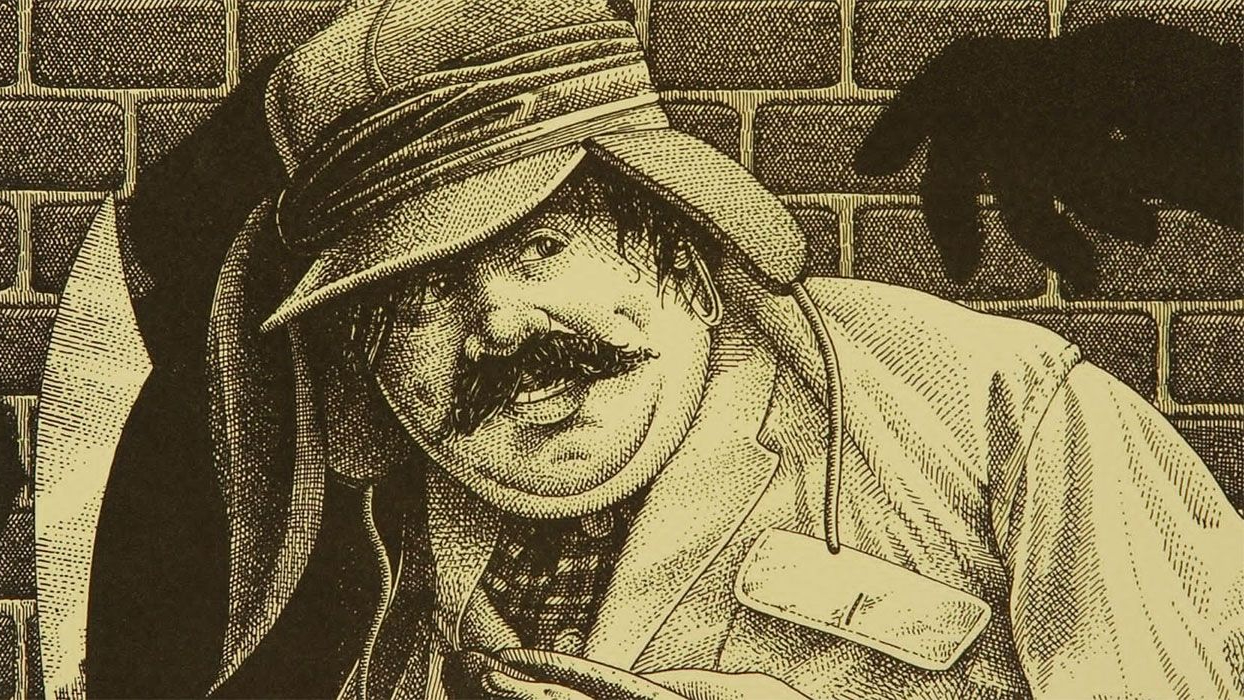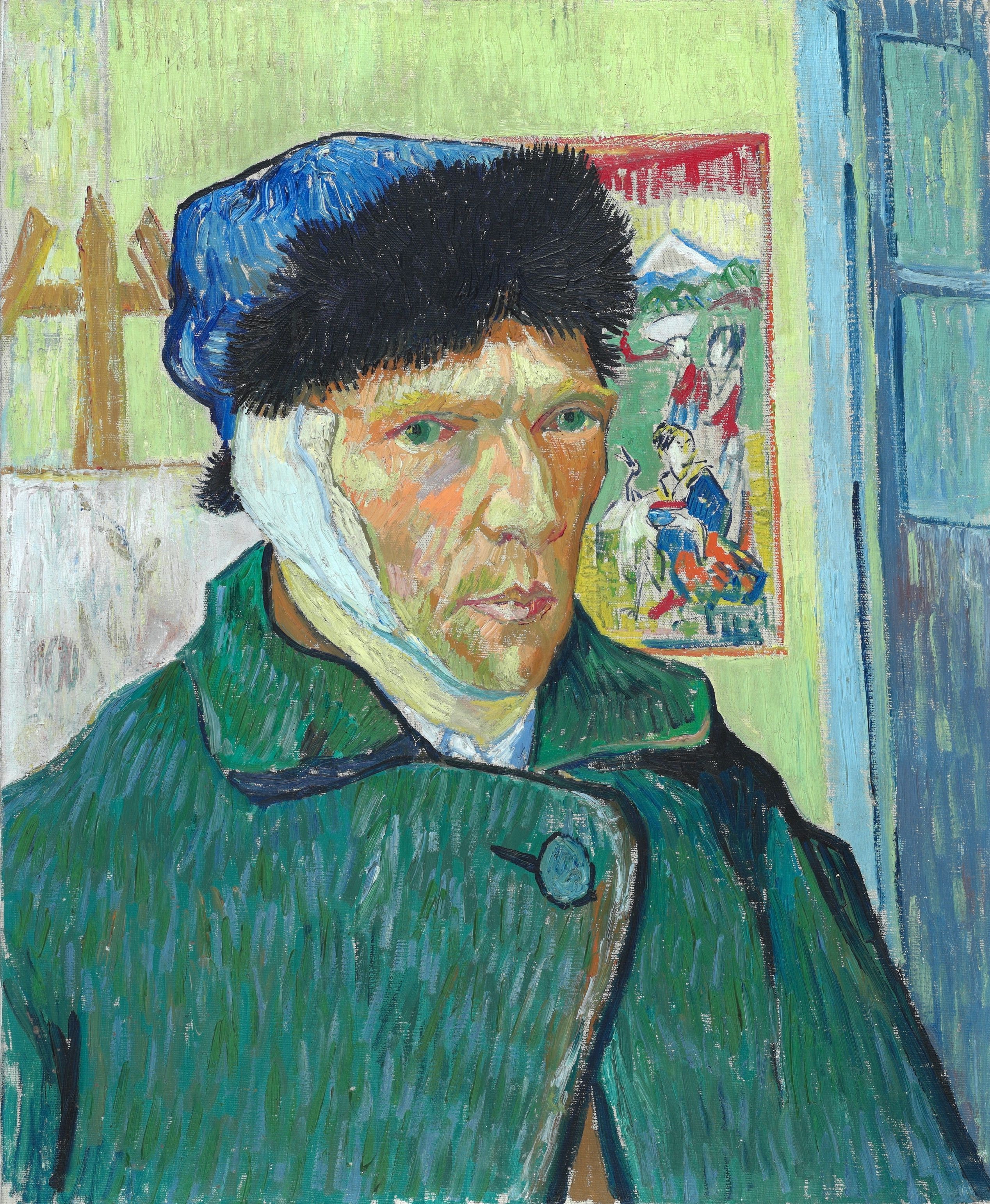High Culture
featured
The Rijksmuseum employed an AI to repaint lost parts of Rembrandt’s “The Night Watch.” Here’s how they did it.
All Stories
Your whole body is part of the instrument.
Aiming to unlock the secrets of his unconscious mind, Jung experimented with intensive daydreaming.
Ignoring the legacy of William Shakespeare is difficult for any writer, let alone one as quintessentially English as “Lord of the Rings” author J.R.R. Tolkien.
When done right, dark humor can help us face inconvenient truths and question stifling social conventions.
Dante’s epic journey through hell and heaven reveal how the poet felt about his own country.
You become the main protagonist in these novels.
Take a closer look before judging a book by its title.
The key to its success lies not in its understanding of technology, but in its understanding of human nature.
An insect? A vermin? An unwanted animal? What in the world is Franz Kafka talking about?
Dive into the twisted truths and concealed realities told by literature’s most unreliable narrators.
For linguists, the uniqueness of the Basque language represents an unsolved mystery. For its native speakers, long oppressed, it is a source of pride.
“In witness whereof, the parties hereunto have set their hands to these presents as a deed on the day month and year hereinbefore mentioned.”
Bram Stoker’s mother survived a terrible cholera outbreak and recounted the ghastly scenes to her son years later.
From forgotten Hollywood movies to Frank Herbert’s “Dune,” science fiction illustrates some of our deepest fears about technology.
Soviet censorship was thorough yet fallible.
But make sure you bring the fossegrim the proper offering—or else.
500 sheep were slaughtered to produce the 2,060 pages of the “Codex Amiatinus,” a Latin translation of the Bible.
Rather than sending serial killer art to auctions, it should be sent to abnormal psychologists for research.
You can learn a lot about life through literature’s most unrespectable and heinous characters.
“The Man in the High Castle” may be the most beloved alternate history book, but it is not the most historically accurate.
These composers channeled the horror of the Holocaust and Hiroshima while honoring those who lived through it.
Piano Sonata No. 23 offers a window into the way culture became an instrument of Soviet state policy.
Not every classic enjoyed rave reviews from the start.
One from New Guinea rose to the top in a recent study.
Some authors never saw their books score widespread acclaim—or even get published at all.
To understand Vincent van Gogh, we must first debunk the myth of the tortured artist. Van Gogh believed his illness inhibited his creativity.
It’s a lot easier to point out things that are gezellig (adjective) than it is to define gezelligheid (noun) itself.
Try writing a novel without using the letter “e.”
In order to figure out how English might evolve in the future, we have to look at how it has changed in the near and distant past.
